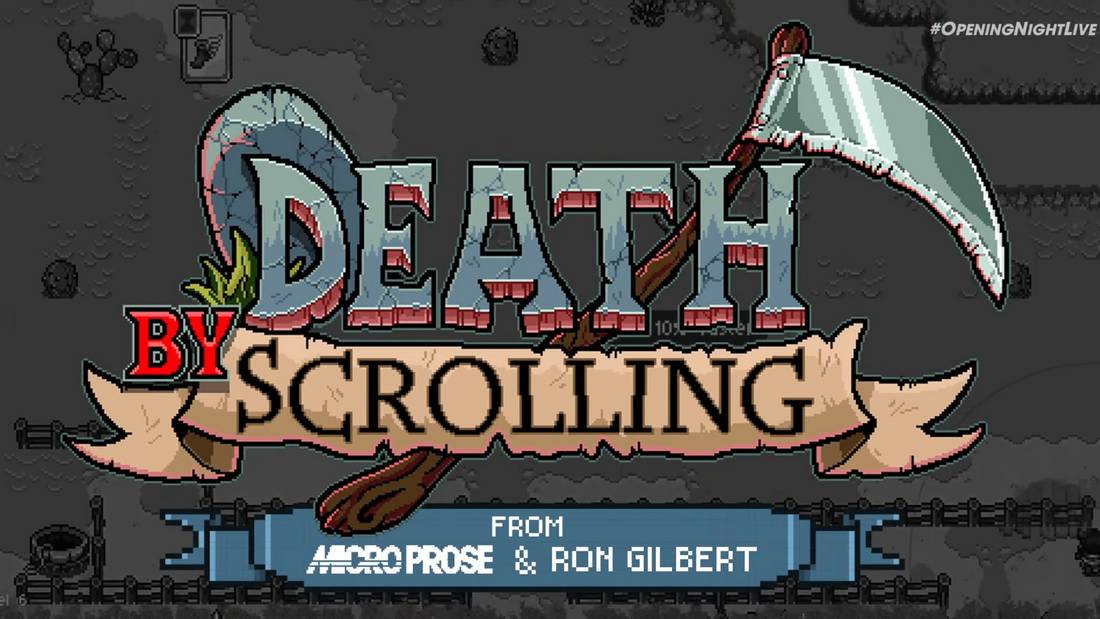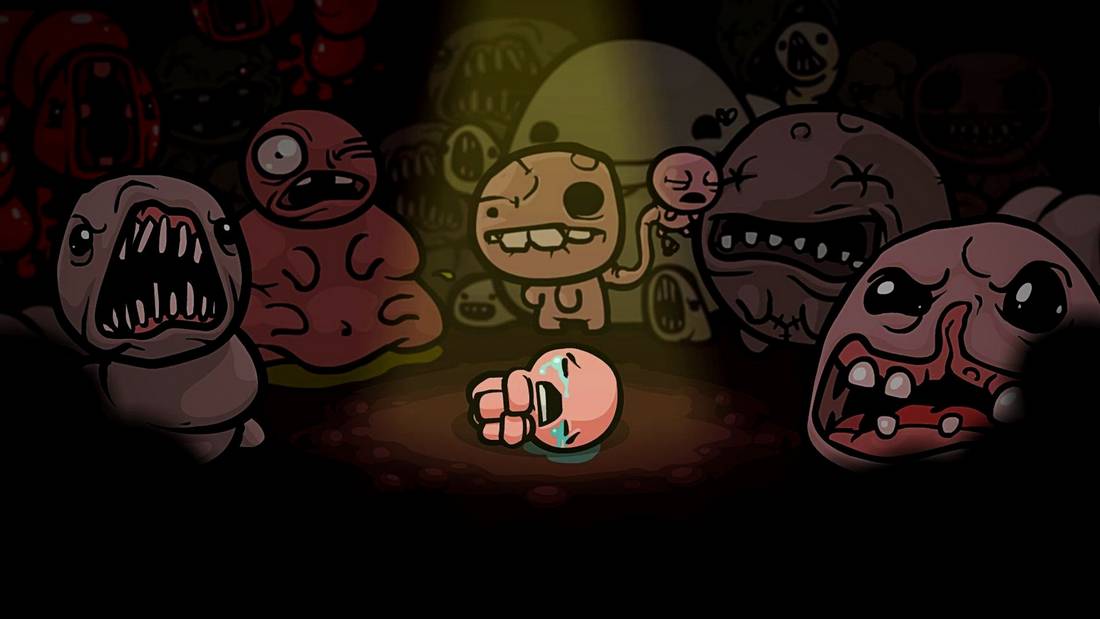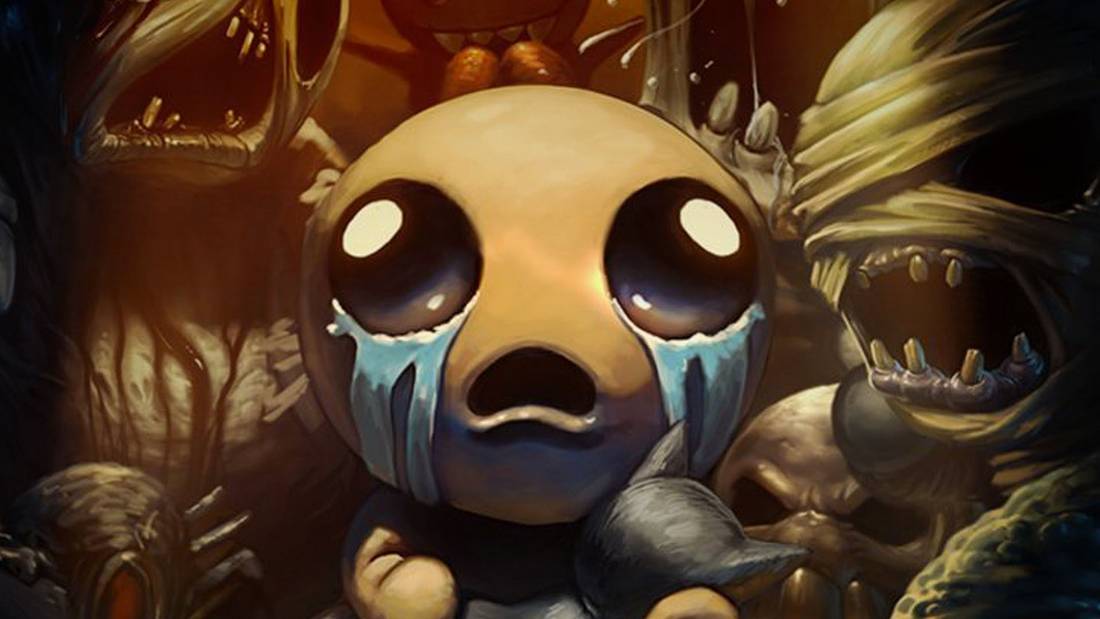Isaac’s Prototype Revealed: Edmund McMillen Confesses Genre-Defining Hit Was Just a ‘Basic Roguelike’ Warm-Up for ‘Mewgenics’
Popular Now
 Rust
Rust
 CarX Street
CarX Street
 Schedule I
Schedule I
 Valorant
Valorant
 Toca Boca World
Toca Boca World
 Warframe
Warframe
 PUBG Mobile
PUBG Mobile
 God of War Ragnarök
God of War Ragnarök
 Poppy Playtime
Poppy Playtime
 Free Fire Max
Free Fire Max 
In a stunning revelation that rewrites the history of modern independent game development, Edmund McMillen, the acclaimed and often controversial creator of the seminal roguelike The Binding of Isaac, has publicly stated that his multi-million-copy-selling, genre-defining hit was never intended to be his ultimate creative statement. McMillen, whose work is synonymous with the modern roguelike boom, disclosed that Isaac was merely a “prototype of another basic roguelike to get my feet in the water” before undertaking what he considers his real, ambitious magnum opus: the upcoming cat-breeding tactical RPG, Mewgenics.
This news, breaking ahead of Mewgenics’ highly anticipated 2026 launch, provides fascinating insight into the creative process behind one of the most financially successful and critically praised indie games of all time. For game developers and fans alike, the admission immediately recalibrates the value proposition and creative intent of a cultural touchstone.
 The Binding of Isaac: A High-CPC Prototype?
The Binding of Isaac: A High-CPC Prototype?
Launched initially in 2011, The Binding of Isaac quickly captured a fervent following with its grim, biblical themes, crude humor, and infinitely replayable procedural generation. It is widely credited with cementing the “roguelite” subgenre, influencing countless titles that followed, and establishing the commercial viability of high-difficulty, randomized dungeon crawlers. The game and its subsequent remakes and expansions (like Rebirth and Repentance) represent a huge revenue stream and an almost unimaginable level of long-term success for an indie project.
Yet, McMillen’s statement, made during a preview of his new game, suggests a different perspective entirely. He revealed that after the success of Super Meat Boy, he and collaborator Tommy Refenes discussed tackling a “big roguelike.” While Refenes was on vacation, McMillen felt compelled to “do a prototype” to learn the genre’s intricacies. That three-month prototype became The Binding of Isaac.
- Unforeseen Success: The “basic roguelike” practice run evolved into a game with hundreds of hours of content and an active player base exceeding 20,000 daily users on Steam.
- Genre-Defining Impact: Its influence on the roguelike market and its high-engagement loop led to a massive boost in the genre’s popularity, often drawing in new players seeking action RPG and deep replayability.
- Core Revelation: The success was an unexpected byproduct of a deliberate, focused effort to learn a new style of design, underscoring the unpredictable nature of game development and product-market fit.
“I wanted to do a prototype of another basic roguelike to get my feet in the water for this big roguelike me and Tommy were going to do,” McMillen told NoClip. This insight challenges the assumption that every great work is the direct product of a creator’s sole, highest ambition, often a key factor for premium content and high CPC keywords in the gaming sphere.
 Mewgenics: The Long-Awaited Dream Project
Mewgenics: The Long-Awaited Dream Project
The true focus of McMillen’s ultimate ambition is Mewgenics, a game originally announced back in 2012 but canceled for a period before its development was resurrected in 2018. Now scheduled for a February 10, 2026 release, Mewgenics is described as an “endless Cat Breeding RPG” combined with a tactical, turn-based roguelike. The core loop involves breeding cats with specific genetic traits and sending them out on procedurally-generated adventures.
McMillen’s confidence in this title is absolute. He has repeatedly hinted that Mewgenics will be his best work to date, a definitive culmination of his unique design philosophy. The depth of the systems—over 800 unique items and 1,200 abilities—suggests a level of complexity and long-tail player engagement designed to dwarf his previous efforts, aiming for a game with truly infinite replay value and a dominant position in the niche turn-based roguelike genre.
- Strategic Depth: The inclusion of cat-breeding mechanics and genetic manipulation adds layers of life simulation and legacy game elements, providing a unique hook and a massive content volume.
- Creative Investment: McMillen has invested over a decade, on and off, into this project, signaling an unprecedented level of creative risk and time commitment to realize his vision.
- Market Position: The game is poised to appeal to a sophisticated player base looking for the deep strategy and high-difficulty gameplay that Isaac only scratched the surface of, making it a target for high-value gamers and monetization opportunities.
The narrative of Isaac as a mere warm-up provides immense promotional fuel for Mewgenics, framing it as the realized dream that a now-legendary developer has been building towards for over a decade. It positions Mewgenics not just as a new game, but as the true artistic endpoint of a highly successful career trajectory.
Industry Implications and the Future of the Roguelike
McMillen’s disclosure has significant implications for how the independent game industry views success, iteration, and artistic ambition. It highlights a development strategy where a smaller, focused “prototype” can accidentally become a foundational blockbuster, in turn providing the financial and structural stability needed to pursue the true, larger passion project. This ‘accidental success’ model offers a powerful lesson for indie game developers focusing on low-risk prototypes with unexpected scalable monetization potential.
As Mewgenics nears its release, all eyes in the gaming community will be on its performance, scrutinizing whether McMillen can indeed outdo his own accidental masterpiece. If Mewgenics delivers on the promises of its designer, it will not just be a new hit; it will redefine the legacy of a creator who proved that sometimes, the greatest success is just the initial draft for a much grander design.
What are your expectations for Mewgenics given that its predecessor, The Binding of Isaac, was merely a practice run? Will this “magnum opus” truly reshape the tactical roguelike landscape?










 The Binding of Isaac: A High-CPC Prototype?
The Binding of Isaac: A High-CPC Prototype? Mewgenics: The Long-Awaited Dream Project
Mewgenics: The Long-Awaited Dream Project